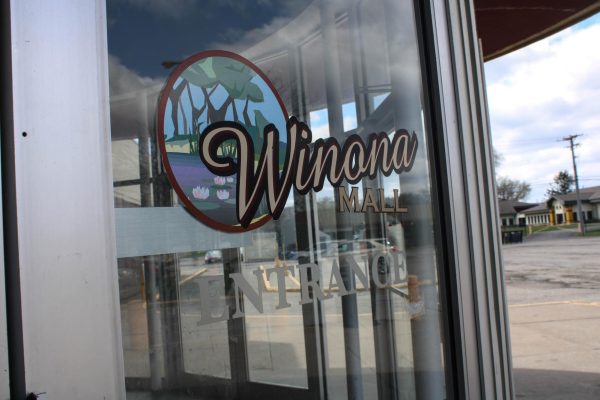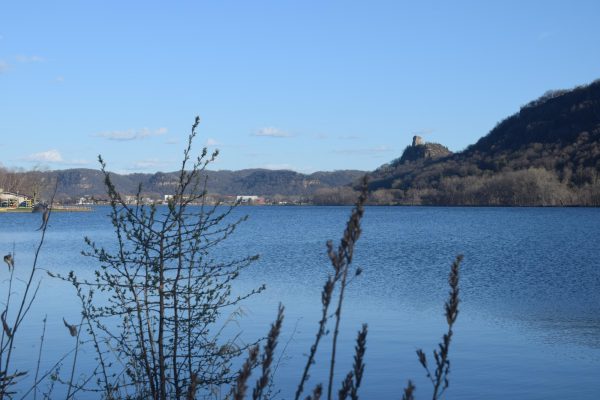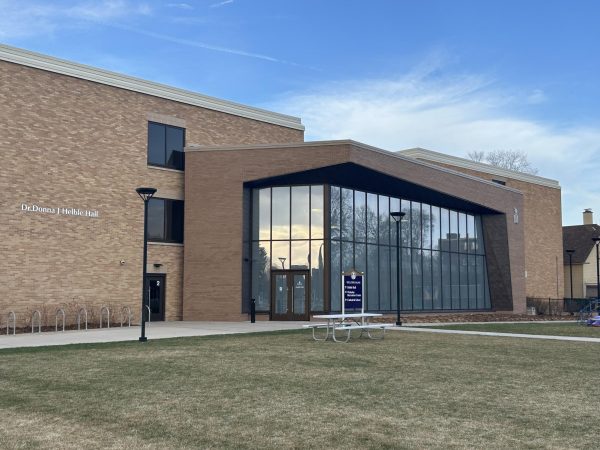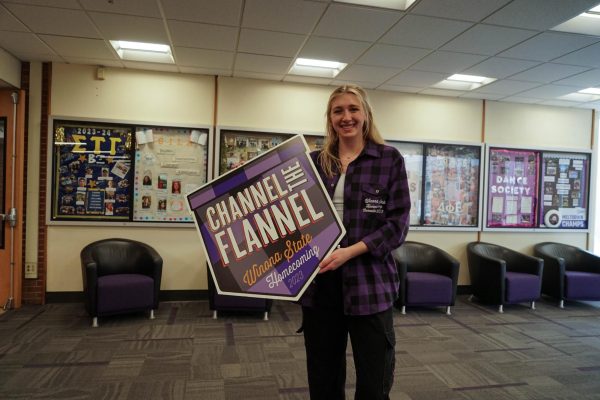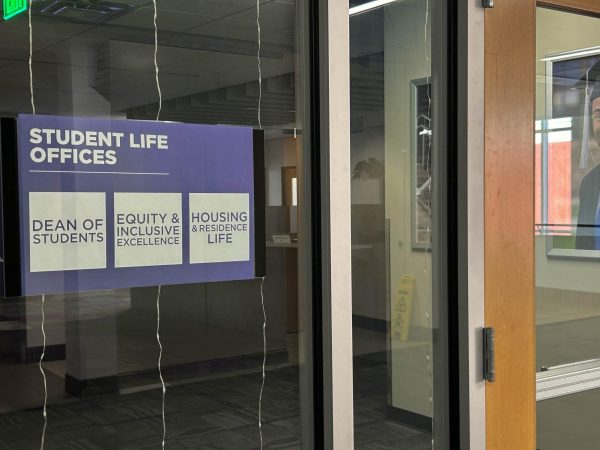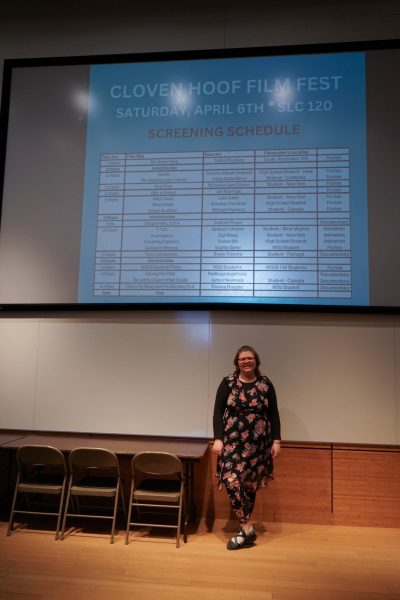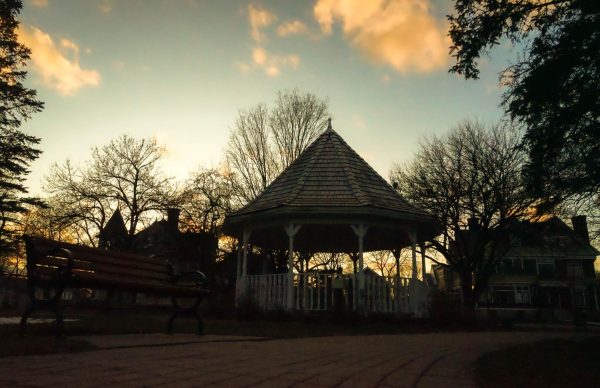Students gather for climate change speech

November 15, 2017
Students gathered Monday, Nov. 6 to listen and participate in a talk by David Schmidt, a conservation coordinator, on how climate change effects conservation of habitats and endangered species.
The talk “Conserving Nature’s Stage: Mapping Strongholds for Nature under a Changing Climate” is a part of the geoscience department’s Earth Talks series held every Monday throughout the semester. These Earth Talks are usually meant for geoscience majors to listen to professionals in their field, but all majors were included in this talk.
Schmidt explained the efforts his organization does to preserve species within their natural habitats. These efforts include finding and protecting rare and endangered species, purchasing land and turning it into natural spaces and checking if development projects will affect surrounding species.
For 30 years, the organization has worked on these projects, but the changes in the climate meant changes in their efforts. Species from the south are gradually moving north and some of these species are meeting barriers during their migration, including farmland and urban areas.
The conservation group can work to assist with these new barriers. However, they cannot assist with everything. Since these species don’t belong to this particular habitat, they fight with the surrounding species to flourish. The organization is met with a question on how they can protect each species while putting them in a more natural environment.
The solution for this turned into a highly detailed map that looked over land cover, land use, hydrology, topography, geology and latitudinal relationships. By combining these details and looking at habitats overtime, they could determine which areas were habitable and resilient to climate change. Currently they are working on maps in the Great Lakes and plains regions to help make better predictions of these resilient habitats.
Despite this map and it’s potential, there still are problems with protecting each individual species.
“The Nature Conservancy’s goal is to protect all species at any cost, but we’ve considered the fact we can’t save them all,” Schmidt said. “As terrible as it sounds, we may have to let a few go extinct.”
The subject may appear heavy, but the students took a lot from the presentation.
“I thought it was an interesting utilization of tools to help maximize conservation efforts,” Nathaniel Hafner, junior geoscience major said. “Personally, I am not too concerned with this issue, but I do think there is good reason we should be.”
Other students in attendance also expressed some concern with this issue. Leah Dechant, an environmental science major, mentioned not only how it was relevant to her major, but how it was different to other talks of the environment.
“It was new, nothing like saving whales or hugging trees. There was a lot of science to it,” Dechant said.
Dechant also mentioned interest in this talk because the organization had a brand behind it. It is an official group dedicated to their cause while the speaker himself is also local, which brought in more students than usual. These students share interest in this topic as it clearly relates to their life goals, but there are others who are not as deeply interested despite that.
Melanie Whitmore, a first-year therapeutic recreation major, has major concerns with climate change and how consumerism has a major effect on things.
“There are people changing things, but it isn’t changing enough. It still will affect the future of the Earth as we are setting ourselves up for failure,” Whitmore said.
Whitmore also made several points on factors that she thinks people need to be mindful of.
“People don’t listen to global warming like it isn’t happening, but it is,” Whitmore said. “It is happening, and it is very real.”






























































